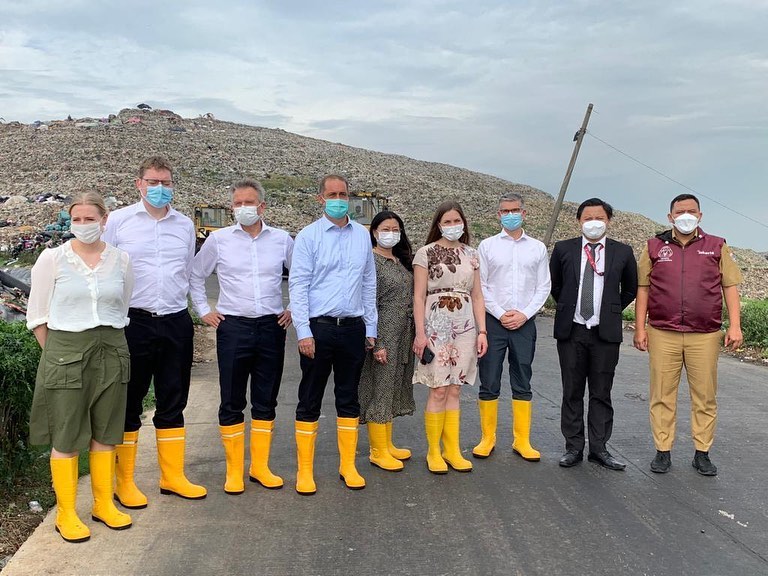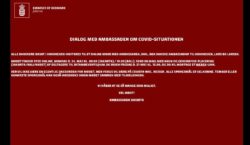
These days’ delegates from the Danish Climate, Energy and Utilities Committee are visiting Indonesia, and the Embassy of Denmark in Indonesia shares that the first stop was at Southeast Asia’s largest landfill, Bantar Gebang.
The landfill is located in the outskirts of Jakarta and receives 7000 tons of waste daily whereas some places have reached a height of up to 40 meters.
The Embassy states that waste is an urgent issue for Indonesia and they’re thus seeking innovative ways to make use of the waste. At Bantar Gepang they’re currently experimenting with extracting biogas as well as producing refuse-derived fuel (RDF).
RDF is produced from different types of waste such as biodegradable, solid waste, and plastics. Due to its composition, RDF is not 100 percent climate neutral, but produces fewer emissions and can be used in various industries to partially replace coal, and thus reduce CO2 emissions significantly.
Coal-heavy industries such as the cement industry are seeking to increase their use of RDF.
Moreover, the Embassy informs that the Danish Committee later the same day went to visit Indocement’s Citereup Plant. This is one of the largest cement plants in the world, producing up to 2500 Mt of cement per year. Alongside its enormous production, Indocement has invested heavily in developing the capacity to take in RDF and seek to replace 50 percent of their coal use with RDF in the future.





